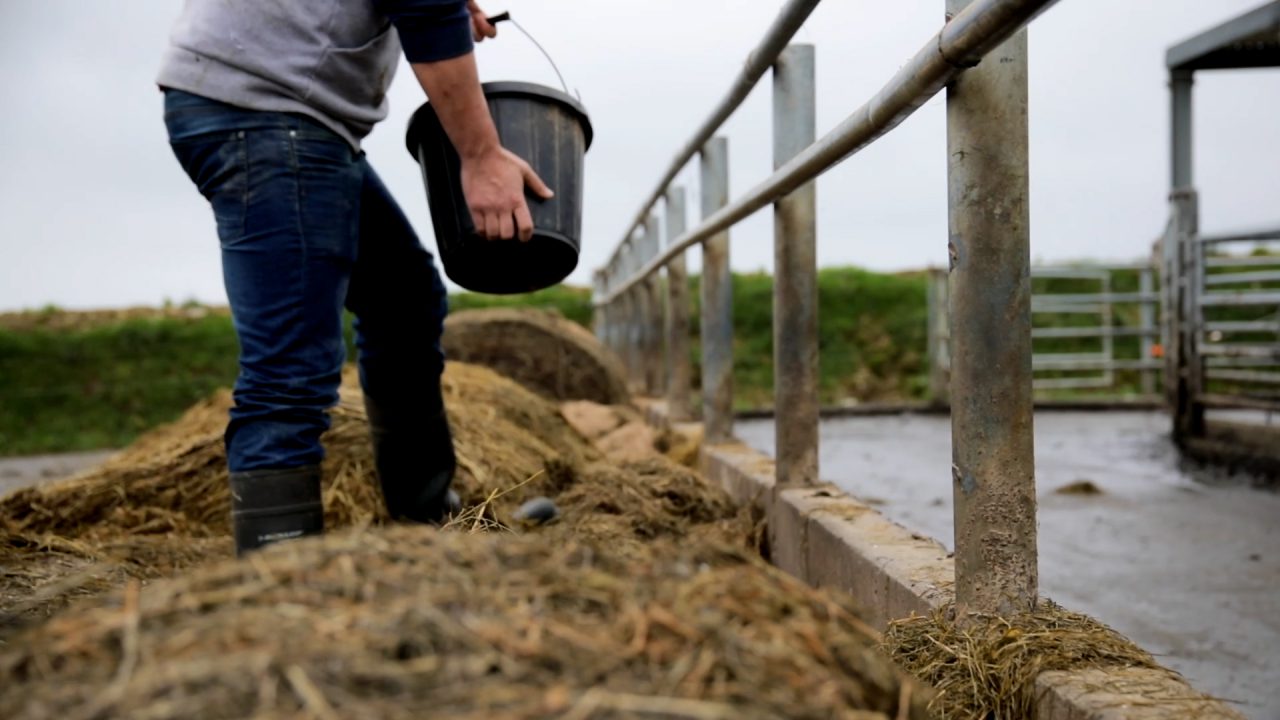Five agricultural and equine apprenticeships have been proposed for development by Teagasc, the authority has said.
In an opening statement provided by Teagasc’s director of knowledge transfer Stan Lalor to the Oireachtas Joint Committee on Agriculture and the Marine yesterday evening (Tuesday, May 25), Lalor outlined his organisation’s work on apprenticeships, stating:
“National education policy advocates the expansion of apprenticeship enrolments and creation of new apprenticeship pathways.
“The recently launched Action Plan for Apprenticeships 2021-2025 sets out ambitious targets in this regard. The Teagasc Education Vision recommended the development of land sector apprenticeship pathways including a Level 7 apprenticeship in farm management.
“Teagasc on behalf of the land sector proposed the development of five apprenticeships: two in horticulture at Level 6; two in farming – one at Level 6 and one at Level 7; and one in equine at Level 7.
“The outline occupational profiles for these apprenticeships have been approved by the Apprenticeship Council,” Lalor’s statement said.
During the committee meeting, Teagasc’s head of education Tony Pettit said:
“In terms of the apprenticeships, it’s an area we are very keen to progress.
“Teagasc actually submitted in the last call for apprenticeships five land sectoral apprenticeship proposals on behalf of the sector.
“Two in farming – one at Level 6 farm technician; and one Level 8 to be an ordinary level degree in farm management. We also put forward two in horticulture: one in applied horticulture and one in sports turf. And also one in equine.
“They are at development stage; it’s a long process at the moment.
“The work is in progress and we would hope that in 2022, all of those five would be launched and up and running.”
According to Lalor’s statement, Teagasc currently is developing an overall quality assurance framework for these higher education apprenticeship programmes for submission to and approval by Quality and Qualifications Ireland (QQI) in the coming months.
It is then intended that the first apprenticeship programme will be submitted to QQI for validation in autumn 2021 and the remainder in the first half of 2022, the director of knowledge transfer said.
As part of his overview in terms of Teagasc’s role in the area of agri-food education, Lalor explained:
“Teagasc education delivery is organised around seven colleges – including three private colleges – and 12 advisory regions, supported by a national network of host farms /units and education benchmark farms.
Research centres and KT units participate in and/or support Teagasc Education delivery as necessary and play an important role in Teagasc education staff training, he added.
“Teagasc assign a significant amount of resources to the Education Programme. Approximately 175 staff are assigned to the Education programme, and the budget for 2021 is €8 million.
“Within this staff cohort, Teagasc are dependent on the ability to recruit temporary contract staff to meet the fluctuations that can arise in the demand for course enrolment places, particularly in part-time and distance education delivery.
“Teagasc makes a major contribution to agri-food postgraduate education and research in the training of PhD and masters students in collaboration with universities and institutes of technology in Ireland and with universities across the world through its Walsh Scholarship Programme,” Lalor concluded.
